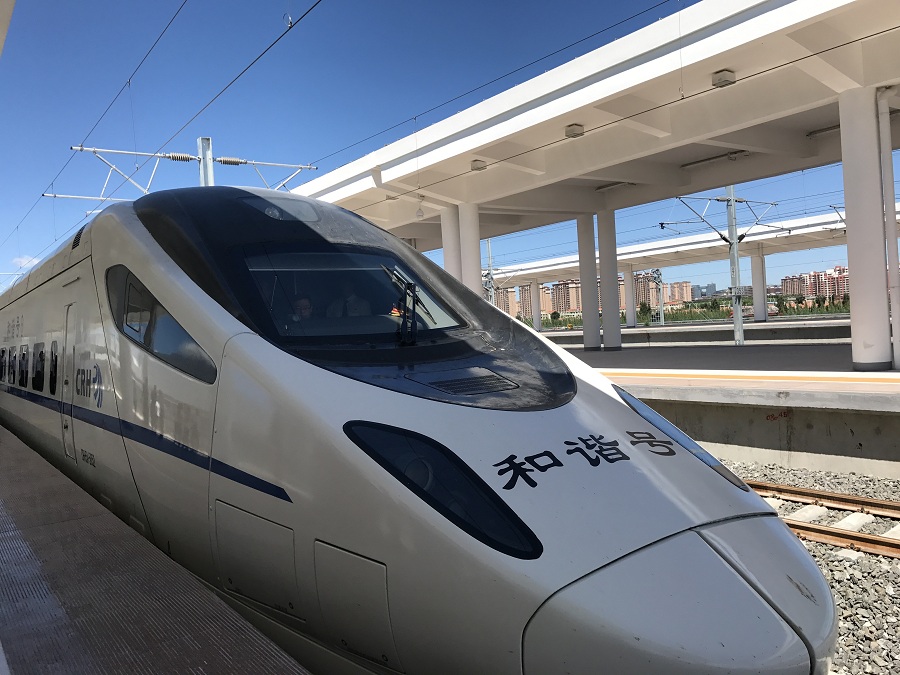Ecological technology boosts Inner Mongolia's beauty and development
(chinadaily.com.cn)
Updated: 2014-12-03
Build a "sponge city"
At the national urban infrastructure construction experience exchange meeting on Oct 18, 2014, Chen Zhengdao, minister of the Ministry of Housing and Urban-Rural Development, said that water is a precious natural resource and environmental element. "Priority should be given to saving limited rainwater and building a sponge city that can naturally save up, permeate and purify water. In this way, urban sewage and drainage pressure will be eased, and underground water can be replenished," said Chen.
Multiple Chinese laws also clearly stipulated that municipal infrastructure projects should be matched with rainwater collection and utilization facilities. Rainwater collection and utilization facilities should be built at buildings, parking lots and plazas to reduce rainwater runoff and improve urban waterlogging prevention ability.
The ecological grass-planting terrace technology developed by Wang meets the requirements of China's sponge city development.
"It's a non-bedding permeable ecological grass-planting terrace, which creates a soil environment for plants to grow in hardened pavement and thus achieve a greening effect," said Wang." The technology can be widely used in parking lots, roadways, sidewalks, fire escapes, leisure squares and road shoulders."
"The terrace technology can realize a green parking lot and eliminate the contradiction between road greening and hardening," Wang said. "The terrace features structural stability, with 20-60 tons of bearing capacity. It can meet the parking requirements of firefighting trucks and minivans."
"We're now studying the use of construction waste to build an ecological grass-planting terrace and have made certain progress at the moment. The technology can not only turn waste into gold, but also build greenbelts and save up water," said Wang.
"What strikes me most is that the terrace technology uses construction waste as a cushion layer, which conforms to the requirements of building a conservation-minded society and realizing circular economy development. The technology can effectively solve the waterlogging problem in large and medium-sized cities and thus has great prospects in future popularization," said Zhao Tingning, a professor from the Beijing Forestry University.

High-speed train debuts in Inner Mongolia
A bullet train departed Hohhot East Railway Station for Ulanqab marking the start of high-speed rail services using Inner Mongolia’s first newly-laid high-speed railway on Aug 3.
